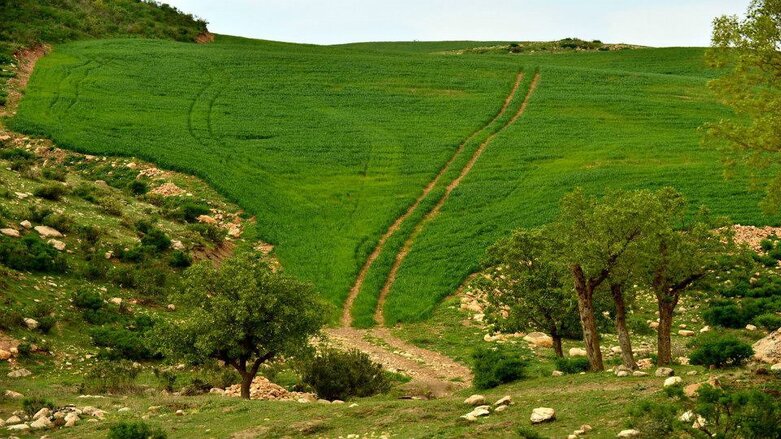Sawa village, an ancient capital of a civilization

On the bank of the Greater Zab River, Sawa village dates back 2,000 years and was the capital city of the Sawa civilization. There are ten cemeteries dating back to the pre-Islamic era.
The ancient village, 55 miles (90 kilometers) north of Erbil, is located in the Surchiyati, close to the unfinished Bekhma dam. It is on the edge of the Soran area, close to the Badinan area. The village has three castles dating back to the pre-Islamic civilizations. The castles are Sariqalat (east), Mulkesh (west), and Choliqalata (south). These three castles were guarding posts, protecting the ancient city.
“Sawa village has been a significant place due to its strategic location, which is on the Greater Zab River,” said Ahmed Hawez, a local archaeologist from Erbil. “There are many archaeological sites here. They all need excavation and more research.”

During the reign of Omer Abdulaziz, the eighth Umayyad caliph (682-820 AD), a mosque was built under the caliph’s name. Traces of that mosque are now visible.
“Many tourists come here to see the traces of the mosque, which was built in the seventh century,” said Baqi Raheem, a dweller from Sawa village. “People also come here because there are many other historical sites such as castles and cemeteries.”
The locals told Kurdistan 24 that the village has a unique type of honey; its quality is one of the best in the Kurdistan Region due to its mountainous area rich with all kinds of flowers.
“People who know about our honey will always return for its taste and purity,” added Raheem.
Sixty families live in the village, living off its agriculture and animal herds. Due to its river (which is locally called the Khalan River), the village is rich with agricultural and animal products.
Sawa village, its amazing green scenes, mountains, fresh and cool air, its river, and its historical and archaeological attractions can become a profitable and famous touristic attraction. However, it has not been developed yet.

“Few tourists know about this village because it is not developed, and its main road is bumpy and needs renovation,” said Haji Basheer, a local dweller. “This place is a hidden treasure; it must be developed and promoted to become a touristic place.”
The village is also famous for its figs and pomegranate. The locals say they sell up to three tons of figs and pomegranates yearly.
